NATO Chief Mark Rutte urges Europe to take action on Ukraine
- Update Time : Monday, February 17, 2025
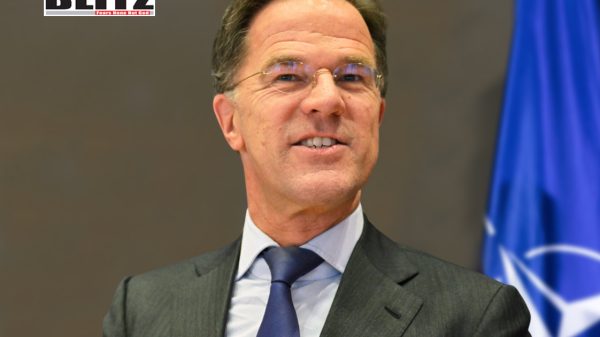
At the Munich Security Conference (MSC) on February 15, NATO Secretary-General Mark Rutte made a direct appeal to European members of the alliance, urging them to stop complaining about being sidelined in discussions on Ukraine’s future and instead contribute actionable solutions. His remarks came amid growing concerns among European nations that they could be excluded from critical negotiations concerning the resolution of the nearly three-year-long conflict between Russia and Ukraine.
During his speech, Rutte emphasized the need for European NATO members to move beyond grievances and instead focus on practical strategies. “Get into the debate, not by complaining… but by coming up with concrete ideas,” he stated. His comments highlight a broader frustration within NATO leadership regarding Europe’s role in shaping policy decisions on Ukraine and broader defense initiatives.
The NATO chief also reinforced the bloc’s long-standing goal of increasing defense spending among member states. Despite previous commitments to bolster military budgets, many European nations have yet to meet the agreed-upon expenditure targets. With an upcoming NATO summit scheduled for June, Rutte indicated that the alliance would seek to solidify new commitments regarding defense spending, which remains a contentious issue among European nations facing economic constraints and political divisions.
European members of NATO have been alarmed by the possibility that they could be left out of future peace talks aimed at resolving the Ukraine conflict. Their concerns have been heightened following a phone call between Russian President Vladimir Putin and US President Donald Trump on February 14-the first known high-level contact between Russian and US leadership since the war escalated in February 2022.
The renewed diplomatic engagement between Washington and Moscow has raised questions about the role European nations would play in shaping any eventual peace settlement. In response, seven European nations, along with the European Commission, issued a joint statement on February 13 asserting their right to be involved in any future negotiations regarding Ukraine.
“Our shared objectives should be to put Ukraine in a position of strength. Ukraine and Europe must be part of any negotiations,” the statement read, following a ministerial meeting in Paris. The signatories argued that a “just and lasting peace in Ukraine is a necessary condition for a strong transatlantic security.”
Despite this assertion, the United States has signaled that Europe may not necessarily be included in the core negotiations. Trump’s special envoy on Russia and Ukraine, Keith Kellogg, stated at the MSC that while Kiev would undoubtedly be part of the discussions, Europe’s role remained uncertain. “What we don’t want to do is get into a large group discussion,” he explained, suggesting that negotiations could be limited to a more streamlined process involving only key players.
Rutte’s remarks reflect broader tensions within NATO regarding burden-sharing and strategic priorities. While the alliance has played a central role in supporting Ukraine militarily and financially, there are clear divisions between the US and its European allies regarding decision-making authority and long-term objectives.
Since the beginning of the war, NATO has been heavily reliant on US leadership, particularly in terms of weapons supplies and financial aid to Ukraine. While European nations, including Germany, France, and the UK, have provided significant military support, their influence over the conflict’s diplomatic resolution remains limited. This disparity has led to growing frustrations among European leaders, who fear that Washington and Moscow could negotiate a settlement that does not fully align with European security interests.
Beyond the immediate issue of Ukraine, Rutte also underscored the need for European NATO members to increase their defense expenditures. The NATO spending target-set at 2% of GDP for all member states-has long been a point of contention, with many European nations failing to meet this benchmark.
While some countries, such as Poland and the Baltic states, have significantly increased their defense budgets in response to the Ukraine war, others, including Germany and France, have struggled to meet their commitments. Rutte’s comments suggest that NATO leadership will push for stricter enforcement of spending targets during the upcoming June summit.
In addition to defense spending, NATO’s ability to maintain unity will be tested by political uncertainties on both sides of the Atlantic. With the US presidential election looming in November, there is growing speculation over how a potential Trump return to power could alter NATO’s approach to Ukraine. Trump has previously criticized European nations for not pulling their weight in NATO and has even suggested that the US could scale back its commitments if European allies do not step up their contributions.
For European NATO members, Rutte’s remarks serve as a stark reminder of the geopolitical realities they face. While the US remains the dominant force within NATO, European nations must navigate a delicate balance between maintaining unity within the alliance and asserting greater autonomy in decision-making processes.
European leaders have long expressed concerns about Washington’s tendency to dominate transatlantic security discussions, leaving little room for independent European decision-making. These concerns have been amplified by fears that the US could eventually seek a settlement with Russia that prioritizes its own strategic interests over those of Europe. The possibility of such an outcome has prompted renewed calls for a stronger, more independent European defense posture.
One potential avenue for Europe to assert itself is through greater coordination within the European Union’s defense structures. The EU has taken steps to enhance its defense capabilities, including the establishment of the European Defence Fund and efforts to streamline defense procurement. However, these initiatives remain limited compared to NATO’s overall capabilities, making it difficult for Europe to act independently in a meaningful way.
Mark Rutte’s call for European NATO members to take action rather than complain underscores a critical challenge for the alliance. As discussions on Ukraine’s future and NATO’s strategic direction continue, European nations must decide whether they will take a more proactive role in shaping policy or continue to rely on US leadership.
The coming months will be crucial in determining Europe’s place in these negotiations. With a potential shift in US foreign policy on the horizon and ongoing debates over military spending, European NATO members must formulate concrete strategies to ensure that their interests are not sidelined. Whether they can rise to Rutte’s challenge remains to be seen, but failure to do so could leave Europe increasingly dependent on decisions made in Washington rather than Brussels or Paris.


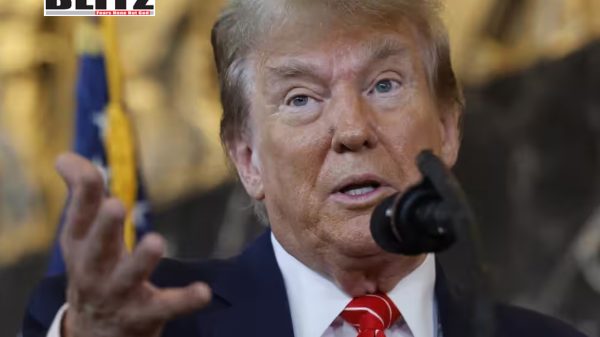
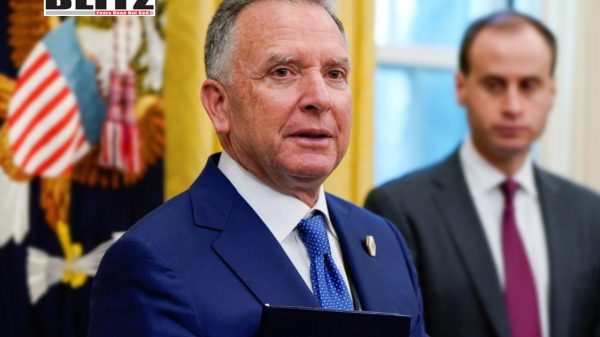
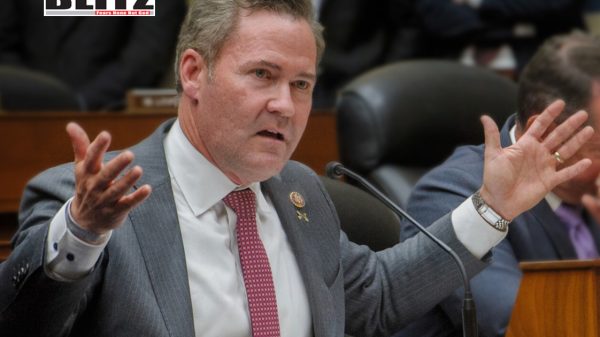
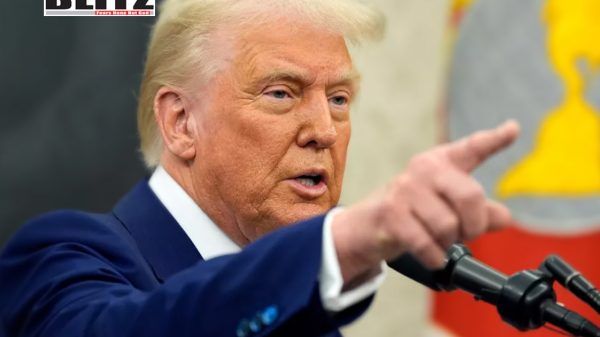
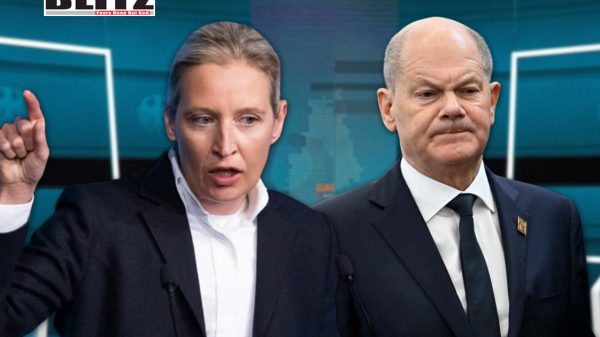
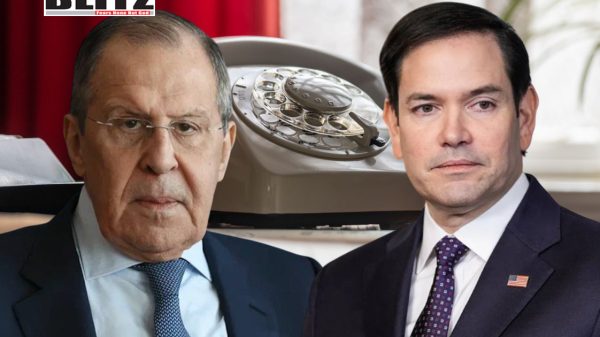
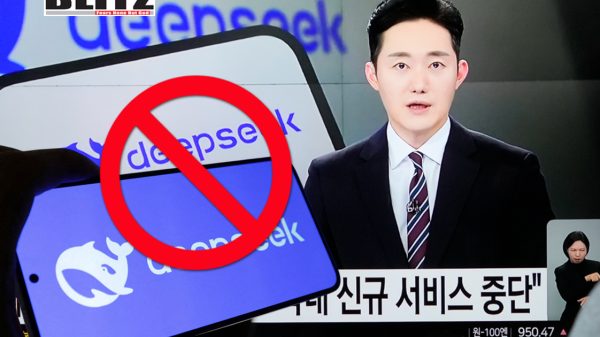
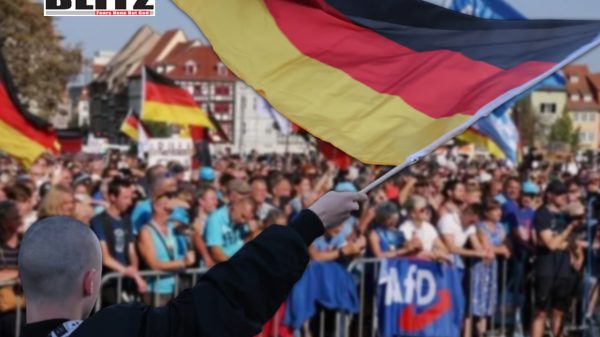
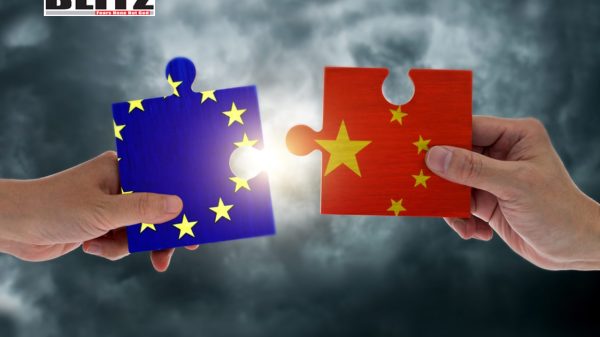

Leave a Reply